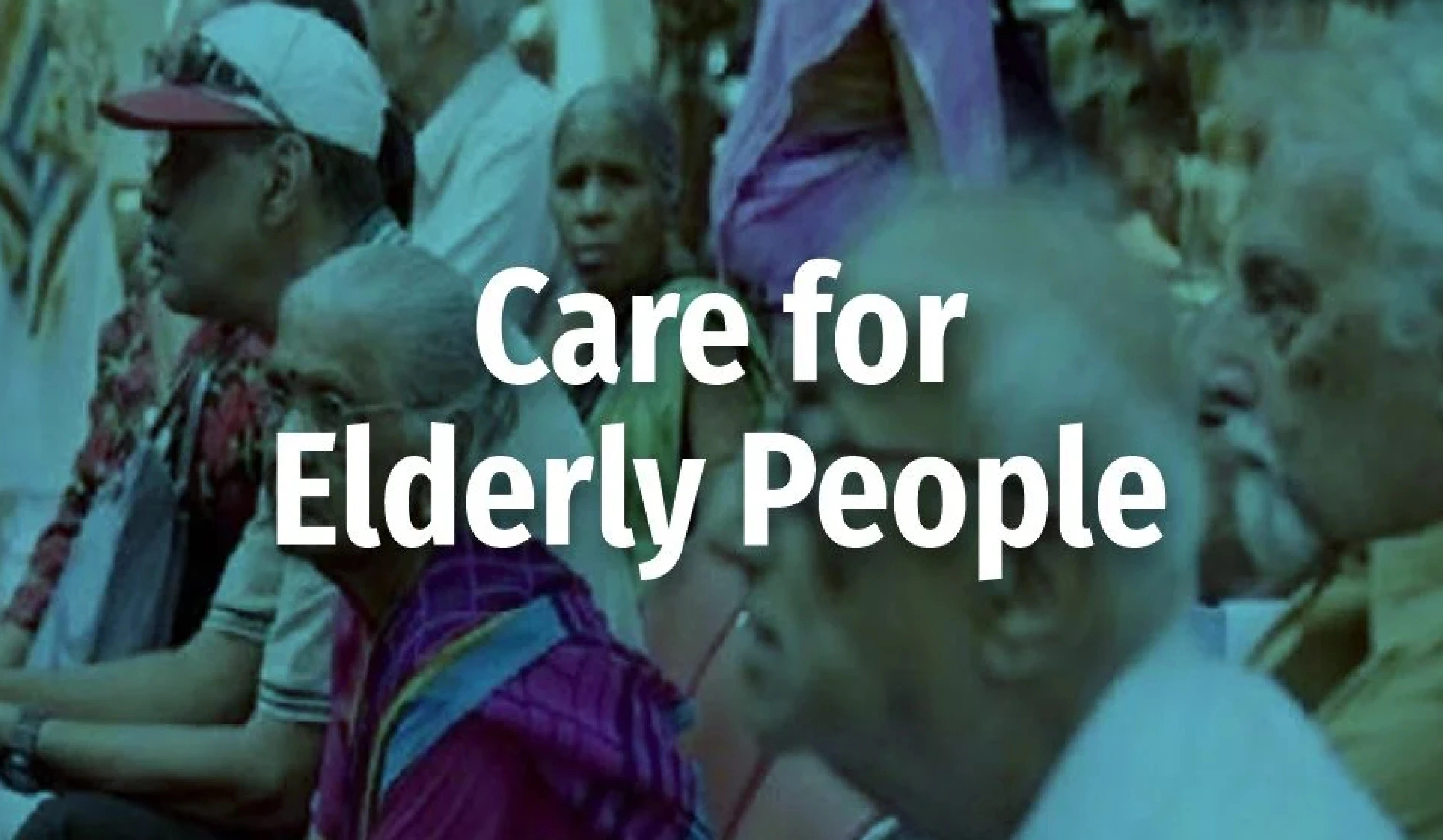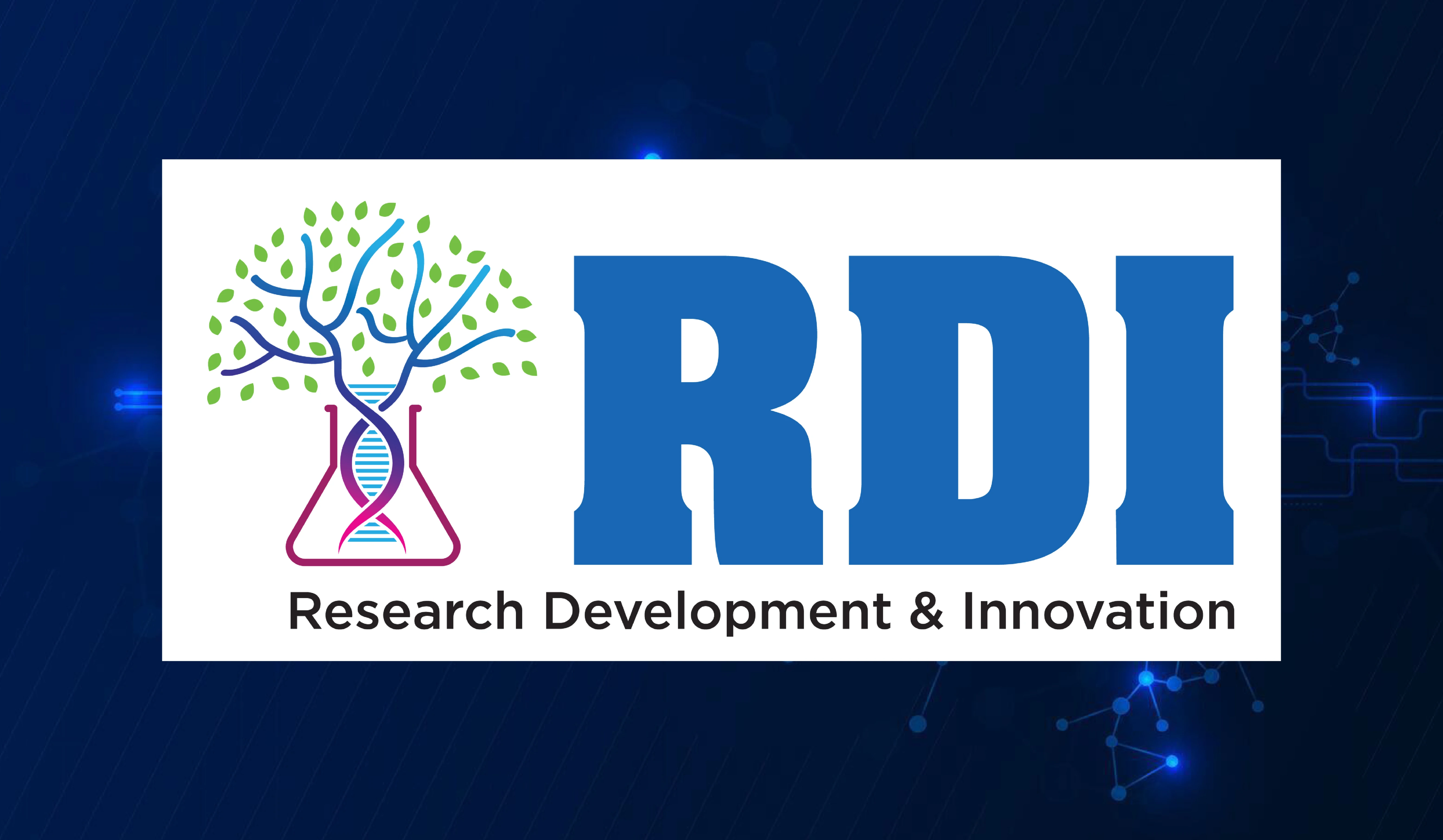India's Population and Data Potential
India's population surpasses 1.4 billion, exceeding the collective population of the 38 OECD countries. The rapid expansion of technology in India suggests that the value of data generated by Indian citizens might soon match the value generated by OECD citizens, when adjusted for purchasing power parity. Establishing effective data governance policies is crucial to harness this potential.
Challenges in Data Governance
- Misunderstanding Data Forms:
- Decision-makers struggle to differentiate between data as identity and data as property.
- This confusion impedes value creation and knowledge discovery.
Healthcare Data Utilization Issues
- Current State of Digital Systems:
- Large private hospitals have bespoke digital systems.
- Government hospitals have basic digital capabilities due to the National Health Mission.
- Small private clinics lack incentives to digitize, preventing a seamless digital medical record system.
- Consequences:
- Difficulty in pricing competition among health insurers.
- Challenges for clinical researchers in conducting large-sample analyses.
- Limitations for AI researchers in training models on large datasets.
National Health Authority Framework
- Health Data Exchange Principles:
- Citizens own their health records.
- Records accessible at any facility as per the Ayushman Bharat Digital Mission (ABDM).
- ABDM Implementation Challenges:
- Data is generated through patient-doctor interaction, with no immediate interest in its future value.
- Data must first be perceived as valuable to become available.
Barriers to Free Markets for Data Sharing
A prejudice from Western data governance frames privacy over economic rights, hindering the development of free markets for data sharing in India.
Comparison with International Models
- US Model (HIPAA):
- Patients can access but not share records with third parties.
- Hospitals and companies monetize anonymized patient data, excluding patients from economic benefits.
- UK Model:
- Healthcare institutions own patient records.
- National Health Service (NHS) controls the majority of records.
Advocacy for Citizen-Centric Data Governance
- Proposed Approach:
- Prioritize citizen empowerment in data management, allowing them to hold or sell their data.
- Utilize technical tools for preserving privacy and maintaining market information symmetry.
- Need for regulations and safeguards while promoting a market where citizens can freely manage and monetize their data.













